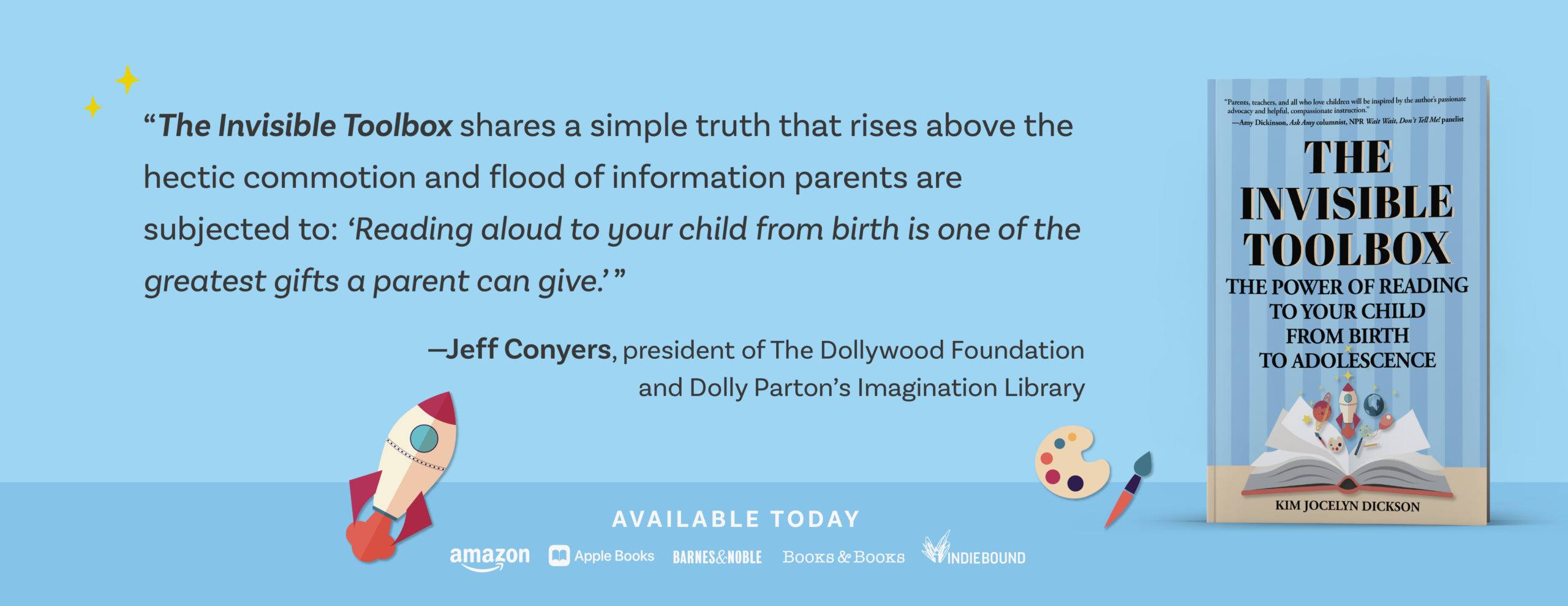CoComelon is No Substitute for Reading to a Child on Your Lap
Last month Forbes reported that CoComelon, the animated nursery rhyme-themed channel aimed at children under 4, was the #1 show on Netflix in 2020.
According to the article, “There hasn’t ever been a hit like CoComelon on the world’s most popular streaming service…”
Think of that—CoComelon beat out The Queen’s Gambit, Bridgerton, and Cobra Kai, among other titles that helped the world survive a year of lockdown.
Apparently, CoComelon provided a breather for parents of preschoolers during the pandemic too. Common Sense Media describes the series as “music videos that are appropriate for the very youngest of viewers, and touch on typical preschool themes.” I’ll leave it to you to explore the reviews that add up to just 3 out of 5 stars.
What I can do, though, is sympathize with parents who reach out to distractions like this. I can well understand how tempting it must be for a harried parent to park an infant or toddler in front of a screen for this ‘age-appropriate’ entertainment.
We all know that some days parenting young children are simply about survival—but relying on screen entertainment like CoComelon has consequences that parents need to be aware of.
Watching animated nursery rhymes on a screen is no substitute for reading to a child on your lap.
What Brain Research Tells Us About Screens vs. Reading
Dr. John Hutton, pediatrician and director of the Reading and Literacy Discovery Center at Cincinnati Children’s Hospital, and his team have studied the neurological effects of screens and reading on preschoolers. Findings show that the brains of children with less screen time had better-developed white matter tracts, the pathways involving language and executive functions, hence these children also had “higher language, executive and composite early literacy skills.”
According to Hutton, children placed in front of screens lose out on nurturing experiences, and this deficit explains the lag in brain development.
Human beings are wired to connect. From the cradle to the grave, the evidence is in that the deepest human desire, after life itself, is the longing to connect…The blueprint for connection is written in our cells from the very beginning, and our understanding of this has enormous implications for the way we parent.
Kim Jocelyn Dickson: “Build it With Love,” The Invisible Toolbox: The Power of Reading to Your Child from Birth to Adolescence
The toolbox of pre-literacy skills that we build for our child when we sit down and read with them is grounded in this connection. Love and nurturing is what builds the critical brain framework that every child needs in order to thrive. Screens simply cannot provide this.
Sharing nursery rhymes is important—and highly recommended for developing essential pre-literacy skills. But the way we do so matters.

Practical Take-aways for Parents
- Begin reading to your infant as soon as you bring them home, and do so daily. Cuddle, read expressively, engage interactively as your child is able, and have fun!
- Introduce screens only once you’ve established this lovely connection through daily reading. Limit the time. Ideally, watch with them.
- Continue reading to your child daily as long as you can. You’ll nurture your connection, create precious memories, and fill their ‘invisible toolbox’ with all the pre-literacy tools they need to be ready for school.
So, the next time you’re exhausted and tempted to park your little one in front of a screen, grab a book instead, sink into a comfortable chair with them, and enjoy the wordplay and silliness of those ancient nursery rhymes together—on the page.













